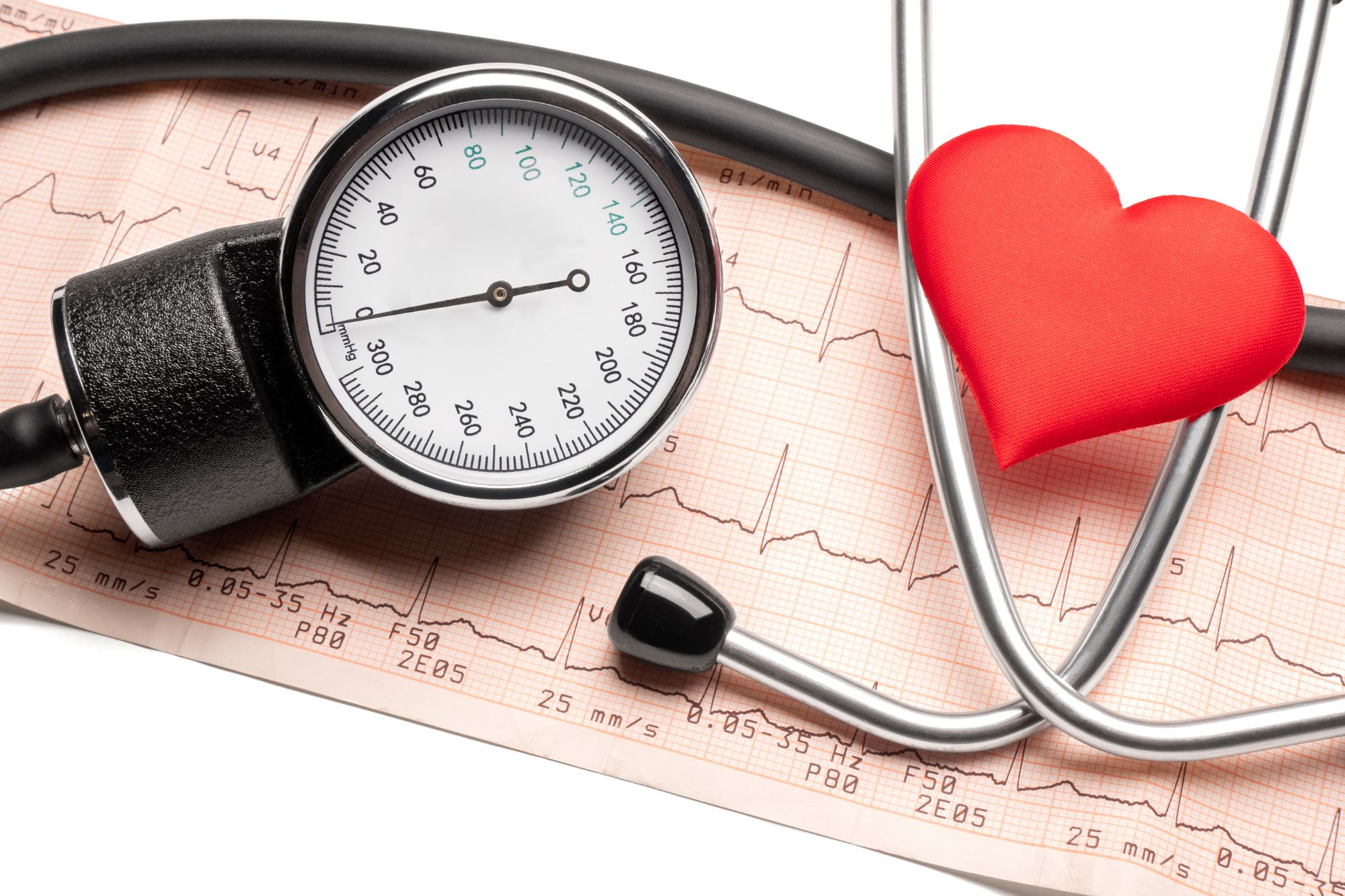Older persons frequently experience elevated blood pressure, also known as hypertension, a severe health issue. The vascular tract, a system of blood vessels throughout your body, alters as you age. As arteries stiffen, blood pressure increases. Even those who follow heart-healthy practices and are in good health may experience this. This “silent killer” of heart disease and blood pressure frequently has no outward symptoms you may see or sense. Although over 50% in Elder Care Missouri City TX suffer from high blood pressure, most might not be conscious of their condition.
Blood pressure can give rise to significant health issues, including heart disease (like heart attack and stroke), Alzheimer’s disease, eye difficulties, and renal disease, when it is not managed with lifestyle modifications and medicines. The great news is that most people can regulate their blood pressure.
How does blood pressure work?
Blood pressure denotes the force the heart’s circulatory flow exerts against the artery walls. A blood pressure band wrapped on your hand progressively loosens as it becomes tighter and tighter is what a medical expert uses to assess your cardiac output. Two numbers represent the outcomes. The systolic blood pressure, or the first figure, represents the pressure brought on by the heart beating and pumping blood. The amount when your pulse relaxes and swells with fluid is characterized by the second rank, diastolic blood pressure.
Systolic blood pressure is usually calculated by dividing the diastolic by the systolic pressure. These two figures are used to categorize different levels of blood pressure.
High blood pressure
Elevated bp is frequently linked to unhealthy lifestyle choices, including smoking, excessive alcohol use, getting overweight, and insufficient exercise.
High blood pressure, particularly heart disease, may raise your chance of acquiring a variety of severe long-term illnesses if it is not managed. Additionally, you run the danger of hurting your kidneys or ocular capillaries.
Low blood pressure
Fewer people experience low bp. Low blood pressure is an adverse effect of several drugs. Dehydration or heart failure are two more underlying disorders that might contribute to it.
What forms of elevated blood pressure are there?
Primary & secondary blood pressure remain the two basic kinds of elevated blood pressure.
Its most prevalent form of blood pressure includes primary or fundamental hypertension. Most persons who acquire this type of bp do this gradually as they age.
Other health conditions or the consumption of specific medications might result in a high secondary bp. It often improves when you cure the underlying cause or stop using the offending drugs.
How is hypertension identified?
In most cases, elevated blood pressure is symptomless. Therefore, the only method to determine whether you suffer from it is by having your bp often checked by a medical professional. Your healthcare professional will use a meter, stethoscope, digital sensor, and vital signs cuff. Before reaching a diagnosis, they will take 2 or more measurements at several appointments.
This healthcare professional analyzes the hypertension measurement for adolescents and children to the average for children of the equivalent age, size, and gender.
What is normal blood pressure?
A blood pressure of below 120/80 mmHg is considered normal.
Despite your age, you may make a daily effort to maintain an average blood pressure level.
Generally:
- Normal blood pressure for a 75 year-old male includes 90/60 mmHg – 120/80 mmHg.
- It is deemed high when the bp is 140/90mmHg and more excellent.
- Under 90/60 mmHg is regarded as low bp.
Symptoms of high blood pressure
Even when blood pressure measurements are unacceptable, most persons with excessive blood pressure do not exhibit any symptoms. Years may go by when you suffer from hypertension with no symptoms or signs.
A few hypertension sufferers might have:
- Headaches
- breathing difficulty
- Nosebleeds
Such symptoms are general, though. They typically don’t show up until elevated blood pressure has gotten to the point where it’s dangerous or life-threatening.
The causes of blood pressure swings
The blood pressure fluctuates throughout the day. Depending on what you are doing, it varies. Exercise and excitement can cause an increase in blood pressure. The blood pressure drops when you’re sleeping.
The following factors can also affect your blood pressure:
- Drugs you consume.
- Alterations in position.
Who is susceptible to high blood pressure?
You are more likely to have high blood pressure when you:
- Have a familial background of diabetes, heart disease, or hypertension.
- Older than 60 years old.
- A high cholesterol level.
- Making use of contraceptive pills
- possess obesity.
- Possess diabetes.
- Cigarette products are used.
- Don’t work out.
When your bp is acceptable, your healthcare professional should check it at each yearly exam. Your doctor may urge you to monitor your blood pressure at leisure, anywhere between multiple times per day and once per week, if your vital signs at checkups are elevated.
What could I do to lower my blood pressure or control it?
Adopting lifestyle modifications can help many individuals with high bp get their levels into a normal range or maintain them there. Consult your medical staff about it
- doing 150 minutes or more of exercise per week
- avoid smoking
- maintaining a balanced diet and abstaining from alcohol and salt
- maintaining a healthy BMI.
- controlling stress
- Study up on methods for controlling and preventing blood pressure problems.
Summing up
Even if you are symptom-free, your blood pressure may still be excessive. Performing blood pressure checks will help you determine whether your readings are within the usual range. Continue taking the prescription meds your doctor ordered if you suffer from elevated blood pressure. Never begin or end using them without first consulting your physician. When you quit taking meds, it stops functioning. Attend all follow-up visits so your doctor can check your stress levels, adjust your medicines as necessary, and assist you in reducing your danger of heart disease.
If you believe you have elevated blood pressure and if you’ve been informed you have hypertension, but it is not within control, speak with your medical team straight away.


